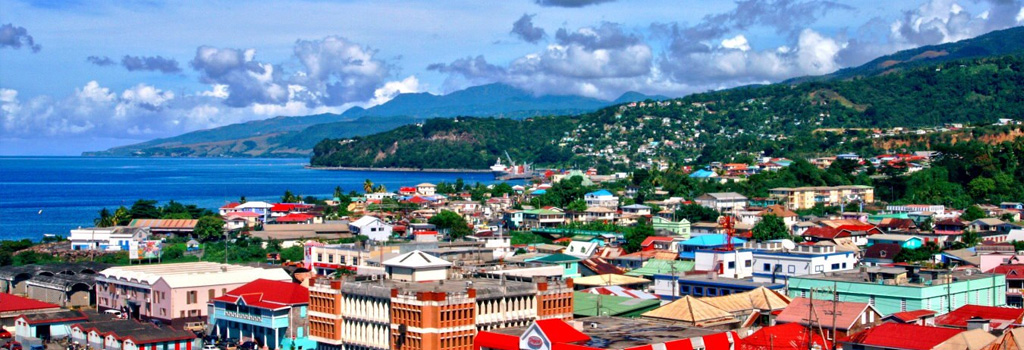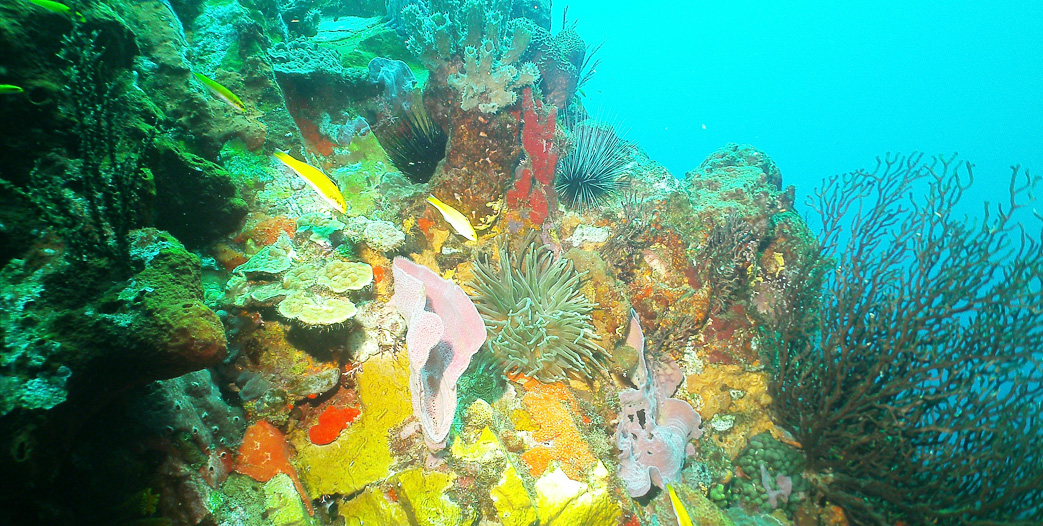
Commonwealth of Dominica offers second citizenship to different nationalities who successfully pass the sets of standards given by the Government under its Citizenship by Investment Program. In return, applicants are expected to provide economic contribution to the Government of Dominica which will fuel the infrastructure on buildings of international airport and marina, educational facilities, renovation hospitals, and promotion of offshore sector. In general, the applicants provide a better standard of living for their future country which they can be proud of.
Commonwealth of Dominica Citizenship by Investment Program began since 1993. The program is legal pursuant to Section 101 of the Constitution of Dominica and Sections 8 and 20 (1) of the Citizenship Act, in which the government allows other nationalities to become Dominican Citizen and be able to hold passport from the government.
Applicants have two options to become eligible to the program:
The First option is by providing direct Economic Contribution to the Government Fund with a minimum amount of USD200,000.The Second option is through investing a minimum of USD200,000, with minimum of USD75,000 government fee, in Real Estate Project approved by the government.
Located along the Eastern Caribbean archipelago, with four (4) hour flight from New York City, Dominica is sitting just a few miles from Martinique to the south and Guadeloupe to the north. Stretching 751 km² (290 square miles) the island asserts 148 km (91 miles) of coastal line.
The island was originally inhabited by the Kalinago/Arawak. Discovered by Christopher Columbus in Sunday of November 3, 1493 and named it after the day of the week itself (“Sunday” = “Domenica” in Italian).
Known as the “Nature Island of the Caribbean” due to its spectacular natural beauty, with its vast rain forest, beautiful and breath-taking waterfalls, and wonderful 365 rivers. Dominica is home to the world’s second largest thermally active lake, and boasts hot and cold sulphur springs with healing properties. The highest peak in the Caribbean can also be located in the island that is, MorneDiablotins, which stands at 1,447m high. Addition to that, it is the home of many rare plants and animals and bird species, where the Sisserou parrot can only be found; it is the country’s national bird and the centerpiece on the country’s national flag.
The country is considered as one of the best tourist destination in the world with its beautiful beaches and magnificent diving spot. Tourist will also enjoy whales watching and for adventure lover, the island is also largely popular location for hiking. That is why, the country becomes major ecotourism destination in the Caribbean region.
The country has been named as one of the world’s happiest place to live, evidence is the high number of people who have lived to be older than 100 years.
English is the official language of Dominica, universally spoken and understood. However, Antillean Creole, based on French, is also spoken by many people on the island. According to July 2015 Central Intelligence Agency report, the country’s population is 73, 607. The vast majority of Dominicans are of African descent, which comprised 86.6% of the entire population. There is a growing mixed nationalities which consist of 9.1% of the entire population, along with a significant Indo-Caribbean or East Indian groups, about 2.9% of the population, a small European origin minority (descendants of French, British, and Irish colonists) and there are small numbers of Lebanese, Syrians and Asians which is about 1.4% of the entire population.
About 62% of the population is Roman Catholic, nevertheless in the recent years a number of Protestant churches have been established in the country. There is also a small Muslim community in Dominica, and the nation’s first mosque was built recently near Ross University.
Commonwealth of Dominica was a former British colony and on 3rd November 1978, the country was granted independence with a Republican Constitution. The British Crown was no longer the Head of State. From then on Dominica became a politically stable country, it adapted the parliamentary democracy form of government whereby the President is the Head of State while the Prime Minister is the Head of Government and exercises the executive power.
Dominica is a proud member of the Commonwealth of Nations, a voluntary organization of 53 countries (Australia, Canada, India, Malaysia, United Kingdom, and more) which share no legal commitment to each other but have a common goal of enhancing the “development of free and democratic societies” and “promoting peace and prosperity to improve the lives of all peoples of the Commonwealth.” There are many benefits to Commonwealth members such as easier travel between Member Countries, protection of all Members by other embassies and commissions around the world. Aside from being member of Commonwealth of Nations, Dominica is also Member of different association in the Caribbean Region, one of those is Eastern Caribbean Central Bank (with eight participating countries, namely: Antigua and Barbuda, Grenada, Saint Kitts and Nevis, Commonwealth of Dominica, Saint Lucia, Saint Vincent and the Grenadines, Anguilla, Montserrat) founded in October 1983 in order to maintain the stability of the East Caribbean dollar (EC$) and the integrity of the banking system in order to facilitate the balanced growth and development of member states. Another is Eastern Caribbean Currency Union (ECCU) a development of the Organization of Eastern Caribbean States; this organization is composed of Antigua and Barbuda, Dominica, Grenada, St. Kitts and Nevis, St. Lucia, and St. Vincent and the Grenadines. It is under the supervision of the Eastern Caribbean Central Bank
The official currency used in Dominica is Eastern Caribbean Dollar, the currency being circulated in all eight member countries of the ECCU which is pegged at 2.7 against US Dollar since 1976. This means that the currency power of Dominica is stable and will is not be affected by fluctuating exchange rate in the money market.
Banana and other fresh fruits are the country’s major source of income for the export industry; it comprises 39% of the total exports of the country. Moreover, Commonwealth of Dominica is becoming major international financial center; in the recent years offshore services are also becoming the country’s main source of income. The country also relies on ecotourism to support project of the government. Addition to that, in 1993 the government introduce the Economic Citizenship Program that aims to augment the government spending in terms of infrastructure in different projects.
Seeking education is not a problem in Dominica, the Ross University School of Medicine pre-clinical campus is in Dominica with administrative bases located in both Iselin, New Jersey and Miramar, Florida in the United States. The campus features a medical and anatomical imaging laboratory, a simulation center, and classrooms equipped with plasma screens. In May 2015, Ross officially opened a new Student Center, a 50,000 square feet facility housing the library, student study spaces and student services.





